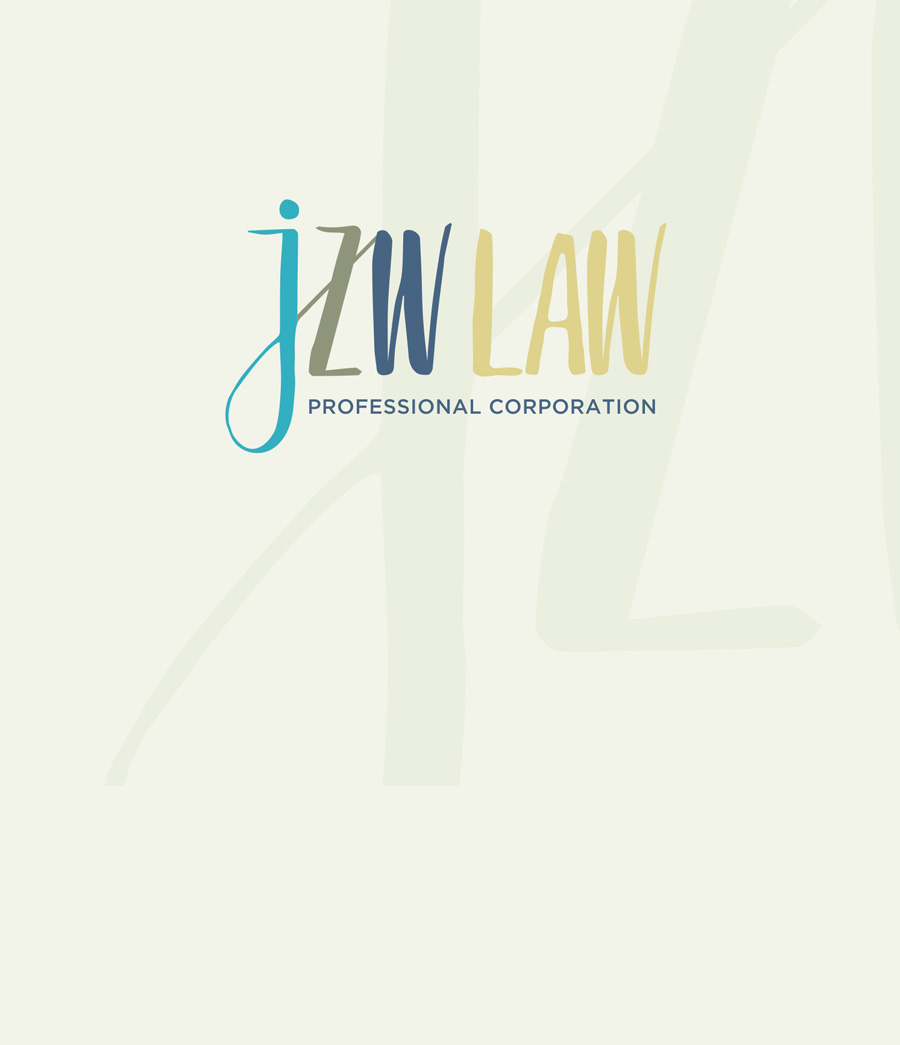
Which institutions can notarize international students in Canada?
In Canada, the following organizations can notarize documents for international students
- Notary Public: This is the most common way to have a document notarized. Almost any routine document, such as transcripts, degrees, copies of birth certificates, etc., can be notarized by a notary public.
- Lawyer: A lawyer is also qualified as a notary and can provide notarization services, especially for legal documents. Usually, lawyers charge more than notaries.
- Online notarization platforms (e.g., NotaryPro): Some online platforms offer remote video notarization services, which are convenient and especially suitable for notarizing simple documents, such as declarations, powers of attorney, etc.
- Chinese Embassy and Consulates in Canada: Limited to Chinese nationals for specific types of notarization, such as declarations, powers of attorney, declarations of marital status, declarations of nationality, etc., as well as notarization of urgent matters such as deaths of Chinese nationals being processed in Canada. No notarization or certification of academic qualifications. It should be noted that the notarization services of embassies and consulates are mainly for Chinese citizens residing in their consular districts.
Choosing the right notary public
- For simple documents to be notarized, such as copies of transcripts, copies of degrees, etc., choosing a notary public or an online notarization platform is sufficient, relatively inexpensive, and quicker to process.
- For complex legal documents or notarization of important matters such as property, it is advisable to choose a lawyer, who can provide more professional legal advice and services.
- For specific types of notarization recognized by Chinese law, such as declarations, powers of attorney, etc., you can contact the Chinese Embassy or Consulate in Canada.
Other supplementary notes:
- Notarization is not the same as certification. Notarization only confirms the authenticity of a signed document, whereas authentication is a higher level of confirmation of a document by a government agency, such as the certification of a degree by the Chinese Ministry of Education.
- Some documents may need to be translated into English or French and notarized.
- Before applying for notarization, it is best to contact the relevant organizations in advance to find out exactly what materials are required, the process and fees.
JZW Law has a team of experienced notary lawyers. Proficient in both Chinese and English, we are committed to providing professional legal services to high net worth individuals in Toronto. We specialize in handling complex issues related to property division, corporate equity, trusts, overseas assets and other related issues. We offer initial consultation service and welcome you to contact us for more information or to schedule a consultation.
Disclaimer: This article is for informational purposes only and does not constitute legal advice. If you need legal help, please consult a professional lawyer.
Tags:notary public
最新文章
标签
Canadian Criminal Lawyers
Canadian Divorce Lawyer
Commercial Lawyer
Divorce Lawyers
Family law attorneys
High Net Worth Divorces
Markham Chinese Law Firm
Mississauga Chinese Law Firm
notary public
Notary Public Lawyer
Notary Public Lawyers in Toronto
Ontario Inheritance Law
Prenuptial Agreements
remote notarization
Remote Notarization
Toronto Business Lawyers
Toronto Chinese Lawyer
Toronto Divorce Lawyer
Toronto Family Lawyer
Toronto Hague Certification Lawyers
Toronto Lawyer
Toronto Lawyer
Toronto Probate
Will Lawyer

MON-FRI 9:00-17:00
647-363-5995




